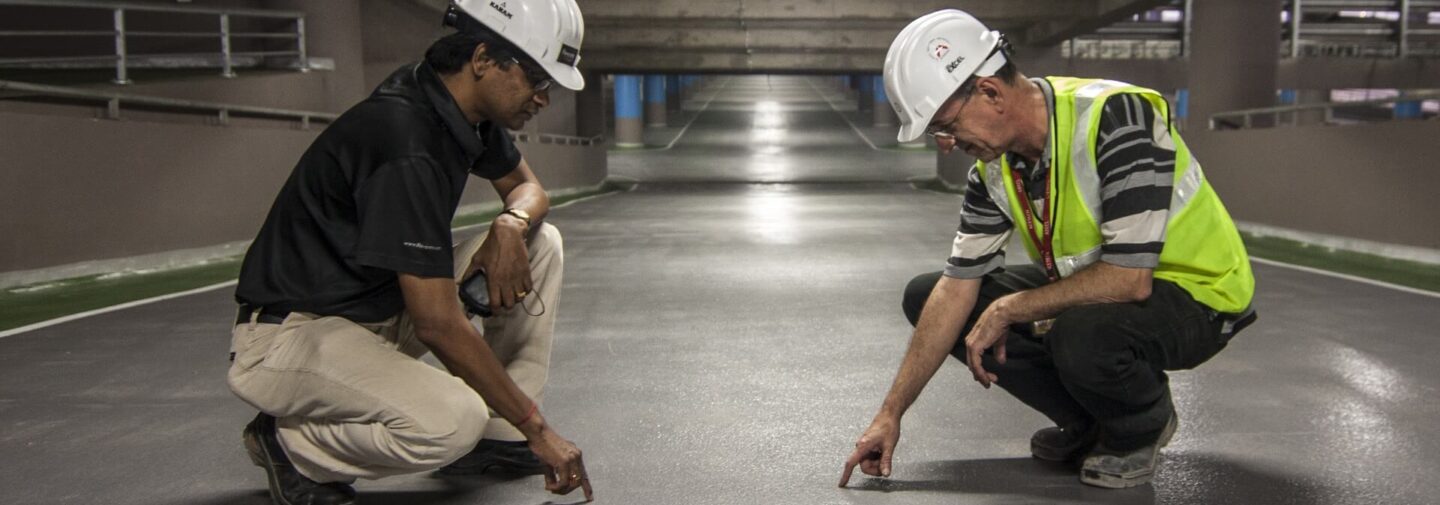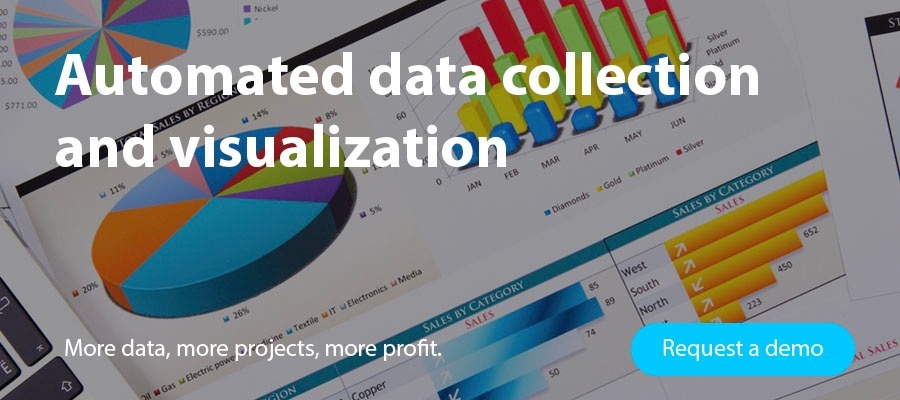A Strategy-Driven Construction Bidding Process
To be profitable and legal, legitimate construction contractors do not waste time battling low-ball construction bids. There is no benefit to it. Irresponsible bidding reeks of sloppy work, underpaid labor and inferior materials. Why risk being associated with such activity?
However oftentimes credible completion comes in with a lower bid that seems always just a bit better than your bid. You know the company and their reputation for quality and reliability. You know also, that they use many of the same vendors as your company. So why are their operations more cost-efficient?
This article considers the value of:
- Rigorous cost tracking
- Analyzing collected data
- Understanding operational and task-specific costs
- Finding the missing pennies
- Improving workforce and asset allocation
- AND Crafting a strategy-driven construction bidding process.
Rather than competing on pricing, aggressively uncover those areas within your own operations wherein there is a lack in cost-efficiency. The following pointers will help you realize greater success in the construction bidding process.
Five Steps That Will Help You Improve Bidding In Construction
1) Automate Data Collection
Rigorous cost tracking is not simple. But if you are to understand your operational costs, tracking of expenses is an absolute necessity. Best way to make it happen: Use an existing automated digital construction bidding software package. Benefits include:
- More accurate time keeping
- More effective use of equipment assets
- Real-time data accuracy
- Reliable audit trails
- AND Adaptable forms of data analytics.
2) Analyze Accumulated Data
Operational insight begins when your team has access to customized operational reports as generated from analyzed accumulate data. This means you need a way to build on group assets pertaining to:
- Workers
- Equipment assets
- Project history
- Supplier performance
- AND More.
Click here to demo the Assignar reporting and analytics software.
3) Focus On Task-Specific Expenses
In order to fully understand the costs of operations, you must be able to drill down to the cost of specific tasks. Otherwise, you are sure to undermine your cost certainty. This means you need access to historical as well as real-time task-specific expenses. But it also means that you must have real-time construction-focused management tools that enable:
- Rapid data compilation
- Assurance of accuracy and timeliness of the data
- Access to points of problem and details of steps toward correction
- AND A method for adaptable and configurable reporting.
4) Finding Missing Pennies
The construction industry remains ever a tight marketplace. Project bids are won by margins of two to three percent. You cannot afford to leave pennies on the worksite. This means you must:
- Quickly identify points of waste and error
- Ensure that workers do not miss documents
- Catch and correct misapplied purchase reports
- Ensure that timesheets accurately reflect labor realities
- Eliminate unnecessary delays
- Reduce rework
- Establish effective safety controls
- AND ensure accurate categorization of all operational activities.
Learn more about the benefits of digitally accurate construction contractor job costing.
5) Craft a Strategy For Improved Bidding In Construction
Focused bidding incorporates task-specific costs as necessary to effectively respond to customer requirements and expectations. It’s about evidencing:
- A reliable and efficient blend of operational skills
- Selective use of subcontractors
- Efficient use of construction technology
- Value-added customer service
- AND A history of successful project performance.
Learn more about how the Assignar workforce and asset allocation and planning software can help you perform “Reliable Cost Estimating Before You Start.”






